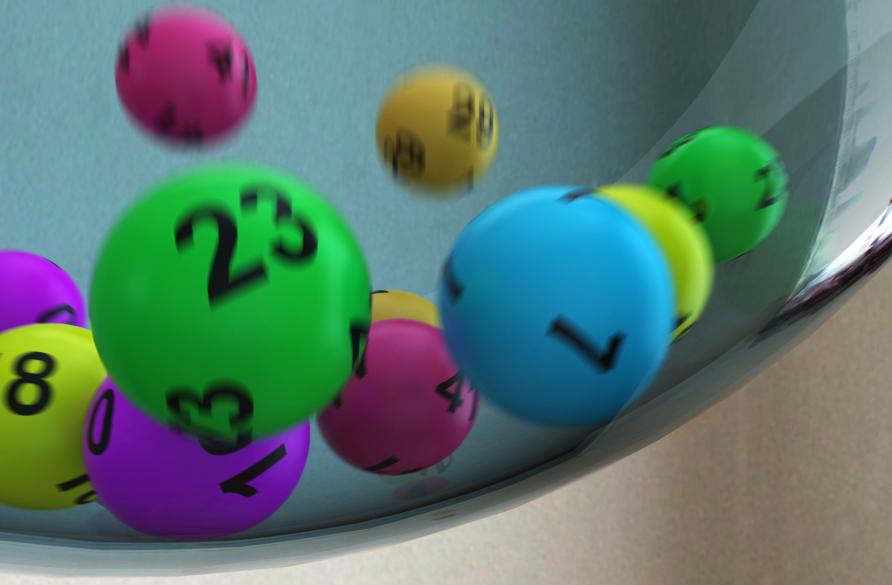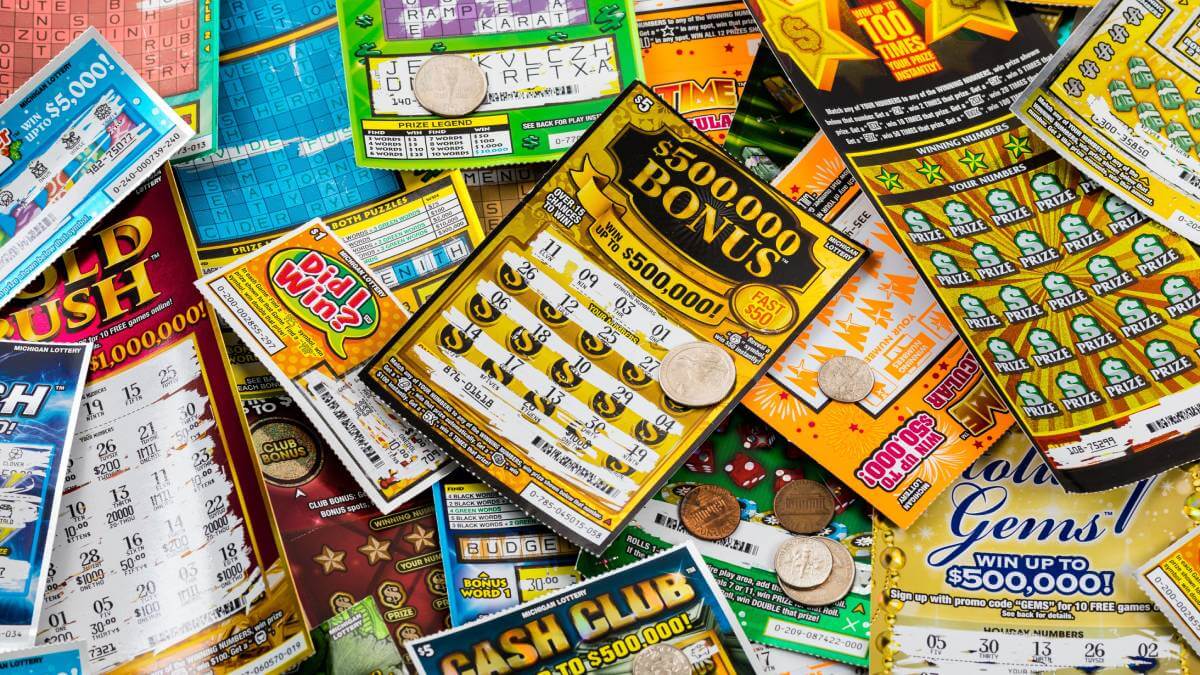Associate Professor Stefan Bode
I can still remember, growing up in the ’80s and ’90s in a small village in Germany, how my mum used to watch the lottery numbers every Wednesday on TV.
She would have her ticket and a pen in hand, excitedly circling every number she had guessed right.

On the screen, small ping pong-sized balls with numbers would drop, one by one, into seven plastic tubes.
As a child, I sensed that something important was going on here, given that mum spent all this time watching quite a dull procedure, just to do it again the week after.
When I finally understood that these numbers determined if we would be rich one day – which clearly meant unlimited toys for me – I got concerned about an upcoming family holiday we had planned.
She would surely miss the draw that week.
So, I asked her what would happen if this week of all weeks she finally won.
“Oh, nothing”, was her response, very much to my surprise, “the numbers are also in the newspaper the next day.”
So, what then explains why she – and millions of others – chose to find out the lottery outcome just that little bit earlier?
This ‘need to know’ is not limited to the lottery – it’s equally obvious in other situations. For example, when you don’t know the final score of a football match, or you have to finish a book that you don’t even like that much just to know the ending.
These scenarios have one thing in common: The information is literally ‘useless’, meaning you can’t use it to change the outcome of an event.

The lottery numbers are the lottery numbers, regardless of whether you watch the draw or not, the football score and the book ending are the same.
This is what we call ‘non-instrumental’ information.
So, why are we so attracted to non-instrumental information? Wouldn’t it be smarter to only focus on ‘instrumental’ information that we can actually use – such as studying the stock market to make better investment decisions? Or the latest travel information so we don’t miss the train?
One possibility, which is well supported by research, is that human beings are intrinsically curious creatures, and that getting the information itself is rewarding.
In fact, our research (and that of others) has shown that the brain processes information in a very similar way to getting actual rewards – like money.
Think about yourself as you’re reading this article – do you really need to know all of this? Probably not. But it’s still rewarding, right?
I still have my doubts that it’s only curiosity that explains my mum’s lottery behaviour. There is just not much interesting to learn from watching the balls fall into place.
Another theory is that we ‘want to know’ because we prefer being in a positive belief state. In other words, if we expect good news, we prefer being happy that little bit earlier.

Needless to say, my mum kept losing, week after week, like all the other millions of players around the world (and they will keep losing – just look at the odds). So, if the outcome is always a disappointment, and a predictable one, maybe this isn’t the best explanation either.
In the end, it seems that the information’s only purpose is that it reduces uncertainty immediately. So, is being in a state of uncertainty actually so painful for people that they even ‘need to know’ something useless?
To test this idea, our team conducted a study, published in the Proceedings of the Royal Society B, in which participants did something similar to my mum: they watched a series of random coin-flip lotteries where one side was associated with a smaller winning amount and the other side with a larger amount.
While winning was basically guaranteed, we didn’t tell participants which side would earn them which amount.
But importantly, they didn’t really need to know that information. They would still win the amount from each coin flip regardless, which was paid out after the experiment.
Now, here’s the twist. For each coin flip, they could choose a safe but painful heat stimulus, delivered to their forearm.
If they accepted the pain, they would find out the side of the coin and the amounts on each – meaning they would also learn how much they won immediately.
Sometimes the pain was mild or moderate, but sometimes quite strong. What would you do? Remember, knowing how much you win doesn’t change your odds of winning. So, you could choose no pain at all and you would still walk away with the same amount of money.
The results were intriguing.
A substantial proportion of our study participants chose to accept pain – even strong pain – just to learn the outcome of the coin lottery immediately.
This result supports other recent findings from our lab showing that people are also willing to sacrifice small amounts of their winnings or put in physical effort to find out this essentially useless information immediately.
However, our novel findings suggest that the uncertainty of ‘not knowing’ might be a painful experience itself, which we sometimes happily trade in for a bit of real, physical pain.
So, maybe my mum accepted that she had to sacrifice her time in front of TV just to avoid the painful wait for the newspaper to arrive the next day. Needless to say, we never won the lottery, despite knowing the result that tiny bit earlier.
This article was first published on Pursuit. Read the original article.
What do you think you would have chosen if you were taking part in this study? Share your thoughts in the comments section below.
Also read: What is manifesting and does it really work?

